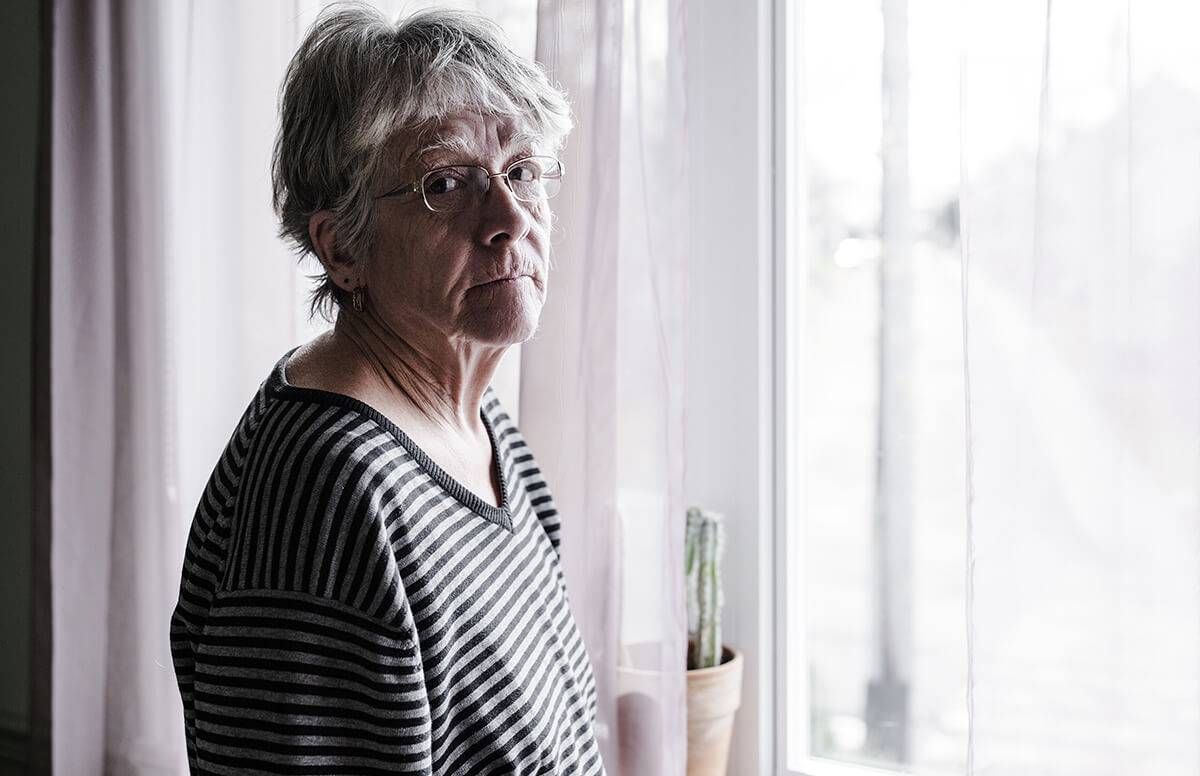OPINION: It's Time to Make the Elder Justice Act More Effective
This elder advocate says ageism stifles elder fraud protection
Ageism can creep into public policy and negatively affect millions of older Americans. A prime example: the nation’s failure to prevent elder abuse despite the upcoming 10 anniversary of the bipartisan Elder Justice Act in March 2020.

Passing that law took seven years. Back then, the struggle to get the legislation enacted was convincing lawmakers that elder abuse, neglect and financial exploitation were real issues. Yet there had been more than 45 years of laws defining the federal response to child abuse and domestic violence.
Unfortunately, the struggle continues today.
The Underfunding of the Elder Justice Act
The Elder Justice Act has received less than 10% of the funding that was authorized, especially with respect to achieving its main goal of dedicated funding for Adult Protective Services. What’s more, major provisions of the legislation — including the creation of forensic centers to help in elder abuse detection — have never been funded.
Why is that?
Failure to improve the federal response to elder abuse may be one of the worst examples of ageism in public policy.
As the national coordinator of the bipartisan Elder Justice Coalition, I believe there are three factors.
The first, and biggest one: denial.
Many policymakers and their staffs still don’t acknowledge elder abuse and neglect as a problem. So, it is nearly impossible to persuade them that it warrants new federal money. Yet the Justice Department has clearly acknowledged the issue, noting that one in 10 people over 60 are victims and that victims of elder financial abuse can lose up to $3 billion a year.
A second factor for the failure of the Elder Justice Act to be fully implemented is a lack of reliable data showing the extent of this problem. In our world today, data drives dollars. Here’s one statistic worth noting: The Government Accountability Office says the recorded number of instances of abuse in nursing homes more than doubled from 2013 to 2017.
A third factor is what I call the “friendly fire” problem. Advocates against domestic violence have done a very effective job getting federal attention, but they haven’t extended their effectiveness to help advance elder justice. The irony is that the predominant victim in domestic violence and elder abuse is a woman.
Ageism at Work
It isn’t hard to see that ageism is at work here.
Any victim of abuse, neglect or exploitation — no matter her or his age — should be helped. Programs need to be in place that would prevent and detect abuse and provide needed support systems. This is not today’s reality. Elder abuse is the last element of our nation’s inter-generational cycle of abuse and lagging the furthest behind in terms of a response from policymakers.
Compounding the problem is lax enforcement of laws already in place for elder abuse prevention and prosecution, especially for victims of abuse in nursing homes. Earlier this year, in her Senate Finance Committee testimony, one daughter spoke about the death of her mother from dehydration caused by neglect at a nursing home which had previously received the highest 5-star rating from the federal government.
Champions in Congress and in the Trump Administration
Thankfully, there are a few strong elder justice champions in Congress in both parties.
Sen. Charles Grassley, the Republican chairman of the Senate Finance Committee, and Sen. Ron Wyden, the committee’s top Democrat, are working on a new Elder Justice Act. They’ve held two major hearings over the past few months.
Rep. Peter King (R-N.Y.) and Rep. Suzanne Bonamici (D-Ore.) have advanced important elder justice legislation in the House. Rep. Rosa DeLauro (D-Conn.), as chair of the Labor Health and Human Services Appropriations Subcommittee, has secured the funding that elder justice has today. Sen. Susan Collins (R-Maine) and Sen. Bob Casey (D-Pa.) have ensured the Senate Special Committee on Aging addresses this issue as well.
There are strong Trump administration advocates working on elder justice, too, including Lance Robertson, assistant secretary of aging at the Administration for Community Living and Toni Bacon, who runs the Elder Justice Initiative at the Department of Justice.
And there are others in Washington. But not enough of them. How long will it be before the topic of elder justice is raised on the 2020 election campaign trail?
In testimony I delivered before the Senate Finance Committee last month I said: “…failure to improve the federal response to elder abuse may be one of the worst examples of ageism in public policy.”
Opportunities for Change
There are real opportunities to change things in Congress, though.
The first is the passage of the two-year budget agreement which will allow elder justice programs to get needed increases. The House passed its funding bill and the Senate is expected to in September. (You can follow my group’s website, ElderJusticeCoalition.com, for details.)
The second opportunity is passage of the bipartisan Elder Justice Reform Act, a bill that’s expected to be introduced in September. It will address elder justice issues including: more funding for Adult Protective Services and the Long-Term Care Ombudsman Program as well as strengthened criminal background checks of employees at long-term care facilities.
Anyone who has an older relative, friend or neighbor should demand the federal government do more to prevent elder abuse. Whether it’s stopping robocalls and scams or protecting older adults from opioid misuse and abuse, our voices need to be raised.
The solutions are there. We just need to muster the political will and the outrage to force action.

